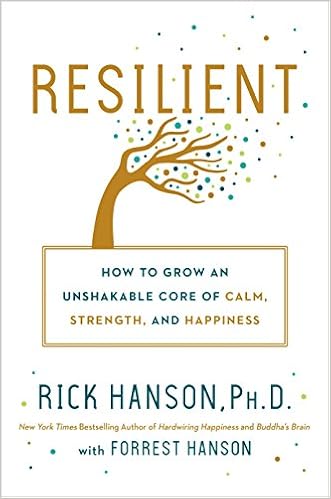I have read several of
Jeffery Deaver's Lincoln Rhyme thrillers in the past. This is the launch of a new series starring protagonist Colter Shaw, a largely itinerant single man who chases rewards for lost family members. He is not a bounty hunter and not interested in chasing down criminals, just in finding people whose family members want them found. He makes no guarantees about returning them if they don't want to come back. He was raised by two highly educated parents who at some point abandoned their regular lives and chose to live off the grid in California, home schooling Colter, his older brother Russell and younger sister Dorion. They learned survival skills, including, after their father became dangerously paranoid, how to survive their father, Ashton. Russell had already left home but came back to look after his siblings when their mother had to go help a sick sister and was afraid to leave them with their father. Shortly afterward, Ashton was found dead. Colter is an extraordinary tracker, able to follow the tiniest of signs to find his quarry, and yet he has never been able to find his brother since then and fears that Russell had returned and killed Ashton; but new clues have come to light suggesting there was a real danger to Ashton from outside forces. That storyline runs in the background as Colter is pursuing his most recent case, a missing college student in Silicon Valley. Because of her age, the police are not much interested in the father's claim that she would not just run away or disappear. It takes Colter less than a day to find evidence indicating that the young woman was kidnapped, but the local detective isn't interested in Colter's theory or evidence. So Colter, while trying to sideline an ex-boyfriend who wants to help, goes looking and finds her. She was being held in an empty warehouse and left with 5 objects to help her possible escape before the kidnapper returned to kill her. With the help of an attractive professional gamer, Colter determines that the clues correspond to a popular online game called The Whispering Man. After a second kidnapping that ends in the death of the victim, Colter tries to figure out why someone would use the game to kidnap and harm people. There are a lot of red herrings, but Colter's success in finding the first two victims gains him credibility with a different detective when a 3rd victim is kidnapped. There is a fair amount of time jumping between Colter's early life and the time when Colter got involved in the case and the current situation where he is trying to rescue the 3rd victim, but you'll be able to follow and unable to put this down and you get drawn into the elaborate plot. There's a short review in
The Guardian, a rave in
Publishers Weekly, and a balanced hearing from
Kirkus.




